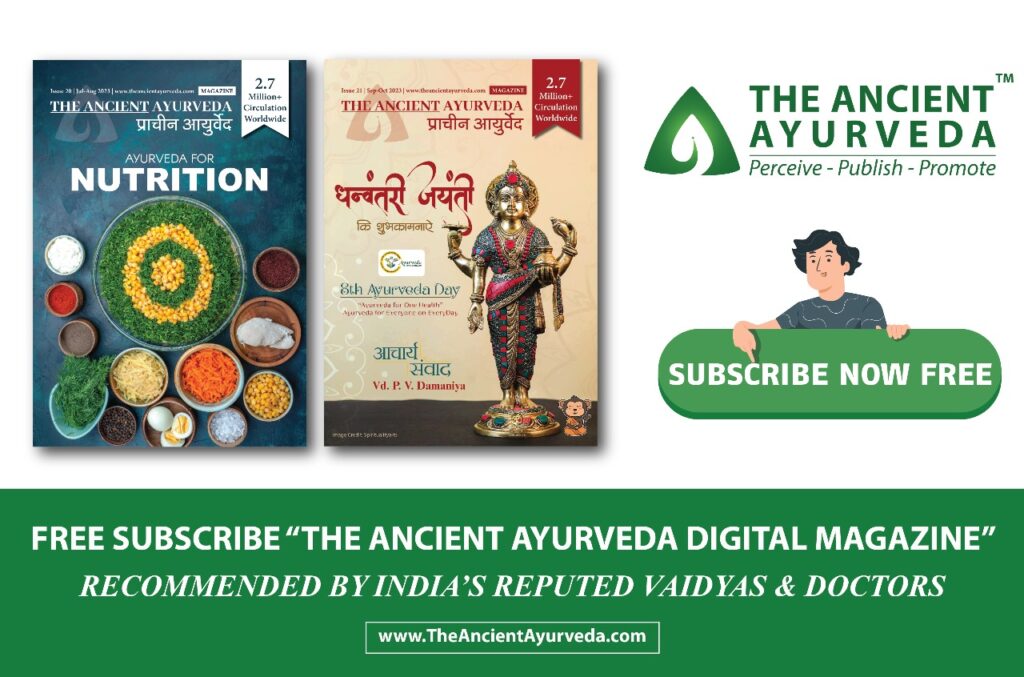The discovery of antibiotics is one of the greatest medical breakthroughs in the treatment of bacteremia. Although they are highly effective; inappropriate, or overuse has led to antibiotic resistance. An alternative approach is to develop antivirulence therapies that interfere with bacterial virulence determinants (e.g., toxins) and/or pathways that mediate virulence that would less likely promote the development of antibiotic resistance. One of the pivotal characteristics of an antivirulence compound is that the compound does not affect bacterial viability. Hence, this strategy ensures the preservation of the host endogenous microflora population.
Bacteria causes infections by the secretion of bacterial toxins similar to the release of poison by visa dravya. Hence, the bacterial toxin can be considered as a visa, and it possesses the qualities of visa. So, the antitoxic formulation which is having visahara prabhava can be a good choice of intervention against bacteremia. Even though the antitoxic formulations have the inherent nature of neutralizing the visa, it mainly acts by improving the immunity of the host or preventing further spread of visa by its property of hrdayavarana. Hence, the effect of antitoxic formulation against bacterial pathogenesis can be studied under antivirulence therapies. This conceptualization signifies the importance of ayurvedic drugs to combat the infectious disease with its specific action against bacterial toxins- a major virulence factor.

